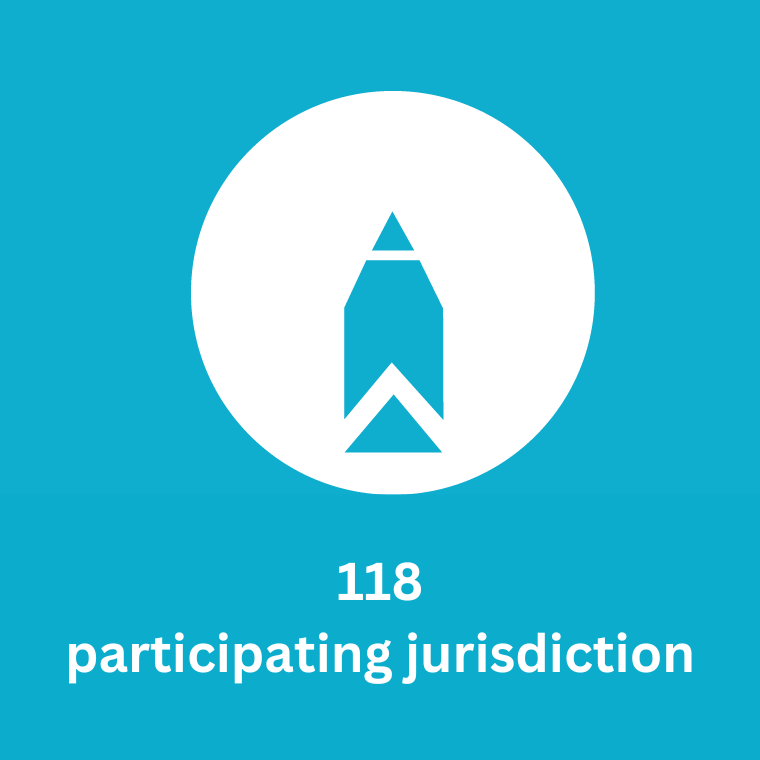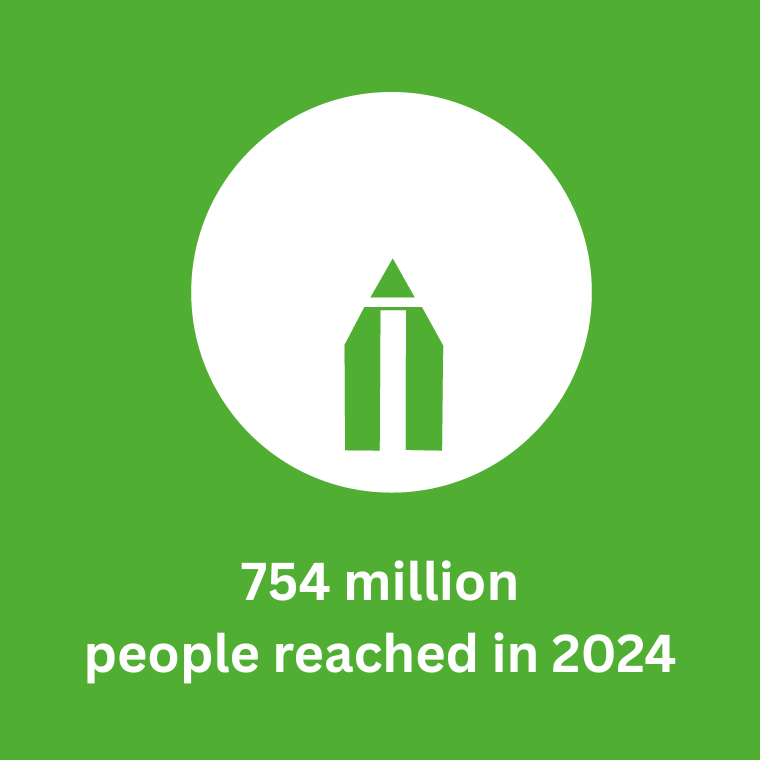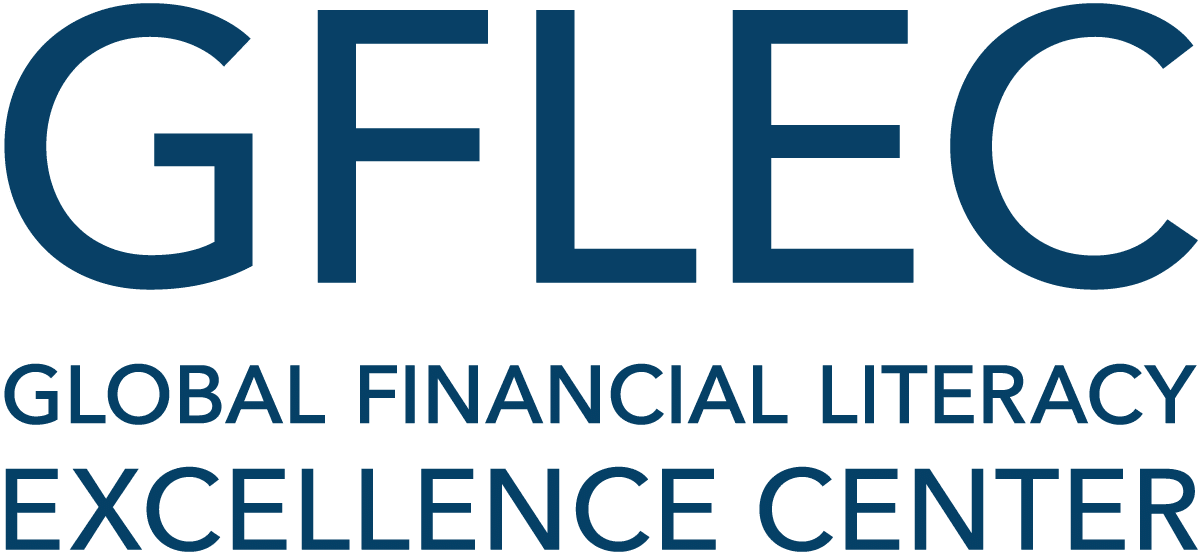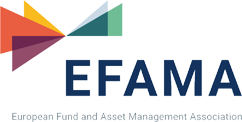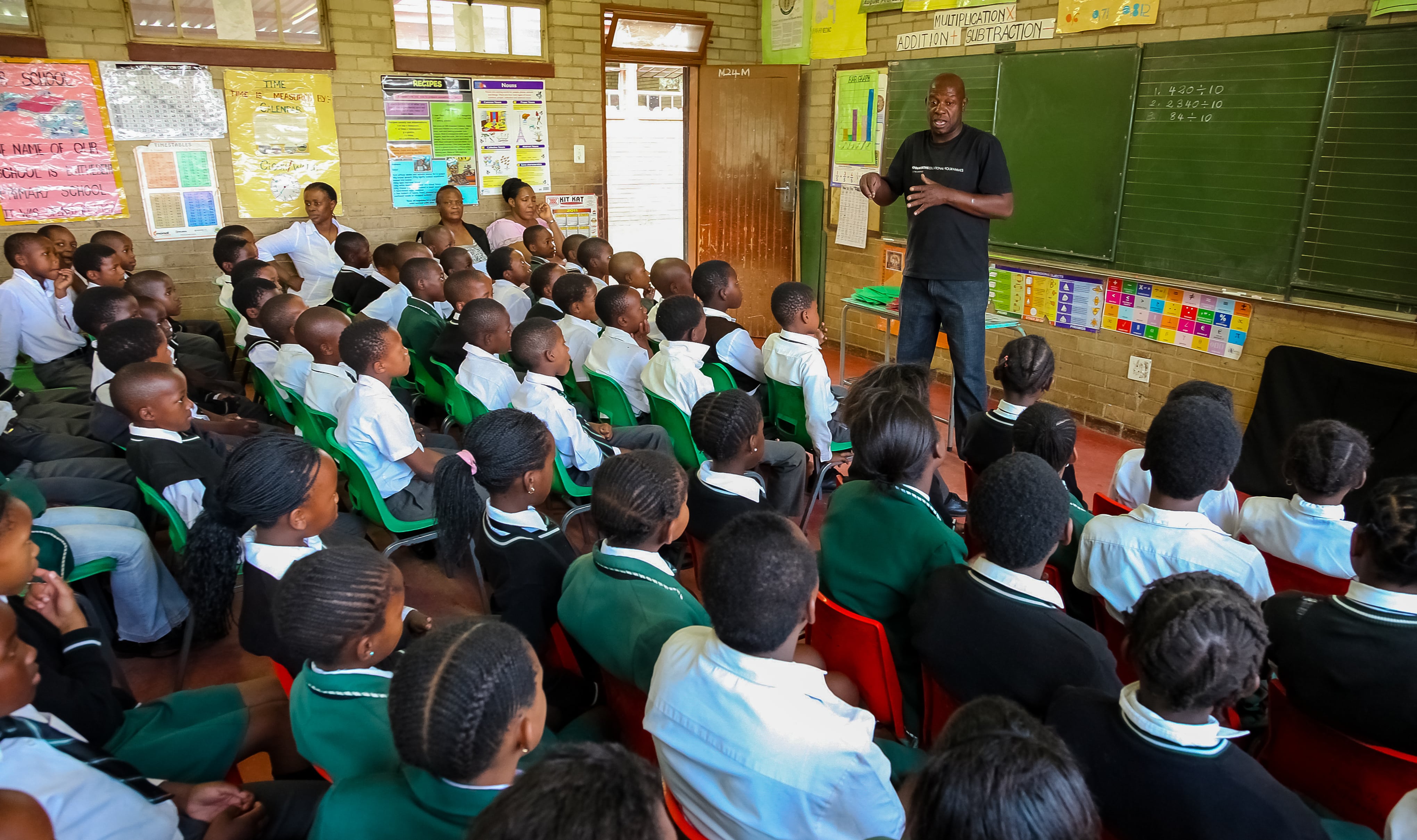
World Investor Week (WIW) is a week-long, global campaign promoted by IOSCO to raise awareness about the importance of investor education and protection and highlight the various initiatives of securities regulators in these two critical areas. In October, IOSCO members and supporters on six continents will provide a range of activities, such as launching investor-focused communications and services, promoting contests to increase awareness of investor education initiatives, organizing workshops.
WIW offers a unique opportunity for IOSCO members to work in collaboration with all investor education and protection stakeholders, at both the local and international level.
